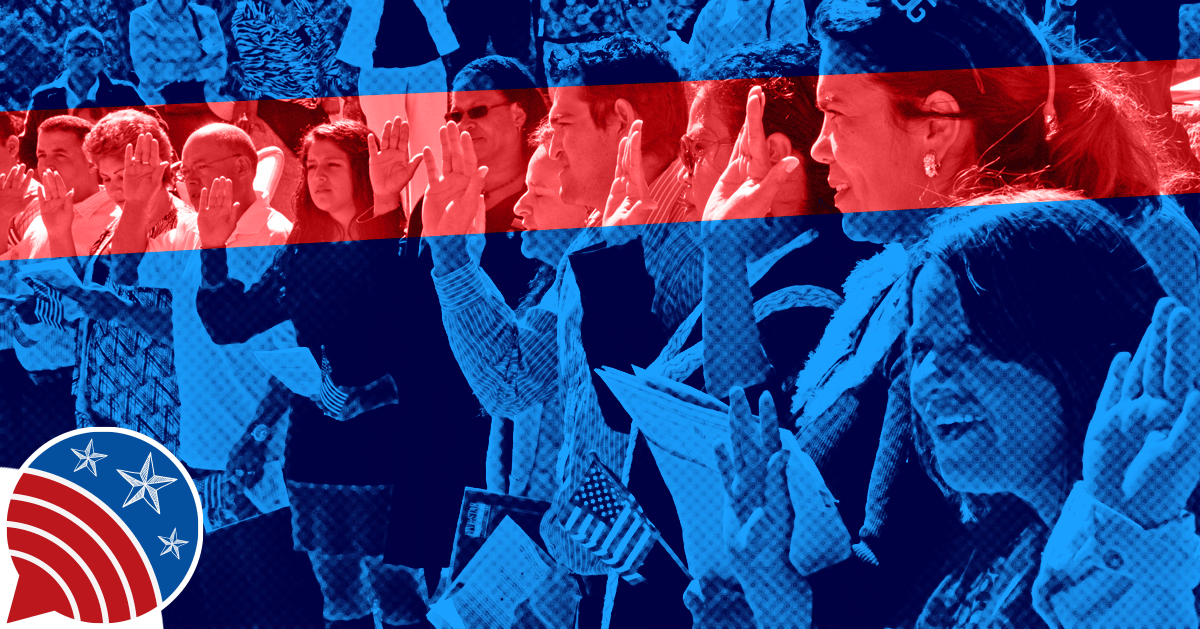
Citizenship
Podcasts & Videos
The 14th Amendment Transforms Citizenship: Citizenship, Part 3
- Watch and listen to the 60-Second Civics video below. If you'd like, you can also read along using the script that appears below the quiz. Or you can turn on the video's subtitles and read while watching the video.
- Take the Daily Civics Quiz. If you get the question wrong, watch the video again or read the script and try again.
Professor Henry L. Chambers Jr: Good to see you today.
Dr. Donna Phillips: Thank you. You too. Professor Chambers, how did the 14th Amendment transform citizenship in America?
Professor Henry L. Chambers Jr: Yeah, that's a big question. The 14th Amendment completely transformed citizenship because it clarified who could be citizens and in some ways set a couple of markers for who necessarily would be citizens. So it passed, of course, in the wake of the Civil War, the Reconstruction Amendments, the 13th, 14th and 15th Amendments, literally reconstructed the nation. Part of that reconstruction was figuring out what to do with now-freed slaves who had been freed, subject to both the Emancipation Proclamation and the 13th Amendment.
The 14th Amendment made it clear that folks who had been enslaved, who were born in the United States, had birthright citizenship. As a consequence, the mere fact they were born in the United States meant that they were citizens. That mattered because the Dred Scott decision, which was decided before the Civil War, had said that not only couldn't slaves be citizens, but neither could free Blacks.
So as a consequence, the 14th Amendment gave us some clarity regarding who was going to be citizens; those folks who were going to be considered part of the United States and its polity. Those folks who were essentially members of the American society, that 14th Amendment was a huge change and solidified the notion of citizenship and who would be members of our society.
Dr. Donna Phillips: Thank you so much for joining us today, Professor Chambers. That is all for today's podcast. 60-Second Civics, where civic education only takes a minute.






